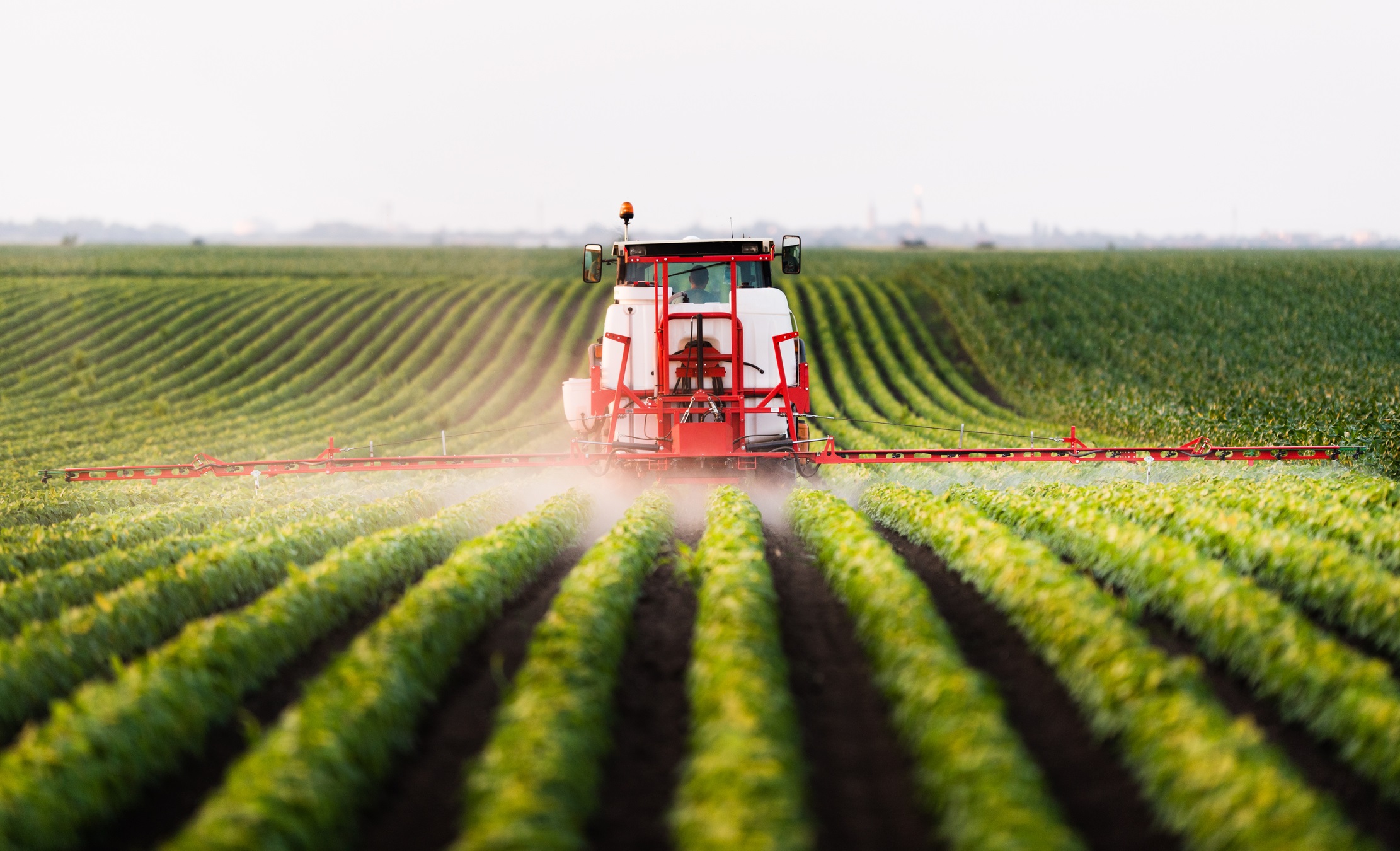Farmers, conservationists ask court to strike down crop-damaging dicamba pesticide

Published: May 27, 2023
Category: Pesticides
Toxic drift continues to harm millions of farmland acres, wild places, endangered species
Four public-interest organizations representing farmers and conservationists recently filed arguments seeking to have a federal court again strike down the Environmental Protection Agency’s controversial approval of the drift-prone, volatile herbicide dicamba.
The arguments, filed on April 11, are a continuation of an earlier lawsuit that resulted in a 2020 court ruling overturning prior approvals of dicamba as unlawful. The new litigation was prompted by the EPA’s decision to ignore the court’s ruling and move forward with reapproving the pesticide.
In reapproving dicamba the EPA once again failed to weigh the true costs to farmers and the environment, instead relying on use instructions that researchers have found to be virtually impossible to follow in real-world farming conditions, according to the groups.
“We now have years of incontrovertible evidence revealing that these dicamba products cannot be used without causing grave harm to other farmers and the environment,” said George Kimbrell, CFS legal director and counsel in the case. “It’s déjà vu all over again: We are asking the court to nullify EPA’s unlawful approval.”
In 2016 Monsanto opened the floodgates to massive spraying of dicamba during the farming season by genetically engineering soybeans and cotton to withstand “over-the-top” spraying of the pesticide. The results have been devastating, annually causing millions of acres of off-field pesticide drift as never before seen in the history of U.S. agriculture.
Millions of acres of farmers’ crops have been “damaged and sometimes destroyed by dicamba spray droplets drifting off-field during application,” according to the groups’ filing. This includes dicamba “vapor clouds damaging vast fields from fencerow to fencerow; dicamba-laced water running off sprayed fields; and even dicamba-contaminated rainfall in areas of intensive use.”
Dicamba drift and runoff also damage natural areas and wildlife refuges, injuring wild flowering plants, including some federally protected species, on which bees and other insects rely.
The plaintiffs are National Family Farm Coalition, Pesticide Action Network, Center for Food Safety, and the Center for Biological Diversity, represented by legal counsel from the Center for Food Safety and the Center for Biological Diversity.
Organic & Non-GMO Insights June 2023








